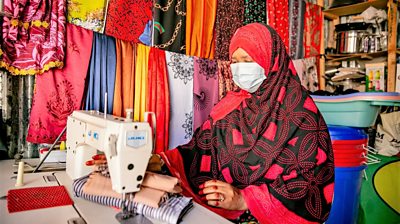Downloads
Publication date: February 2022
Authors: Hoden Ahmed, Hodan Ibrahim and Kaushiki Ghose
At the start of the COVID-19 pandemic, ΒιΆΉΤΌΕΔ Media Action pivoted two existing national radio programmes in Somalia and Somaliland - Hagaha Nolosha (Life Guidance) and Mawjaddaha Baraaruga (Making Waves) - to communicate important information related to the coronavirus. We used a mix of radio discussion and drama programmes; public service announcements (PSAs) on radio, TV and social media, and other media content. The different formats used in Somalia were designed to complement each other and reinforce learning. For example, the drama segment of Mawjaddaha Baraaruga used role models and stories to encourage women in business, and the discussion segment presented advice from experts on how to deal with the effects of the pandemic on business.
The drama was informative, it was not only for fun..."
We conducted research studies throughout the project to inform development of the programmes. Findings have shown the content reached a large proportion of Somaliaβs adult population - 51%, or 3.7 million people - and created a loyal audience among over one-third (39%, or 2.84 million people) of those who were regularly reached.
Identifying misinformation
The content was also found to have increased knowledge and understanding, and audiences were better able to identify COVID-19 misinformation, after programmes focused on examples identified in the formative research, such as 'the virus cannot survive in a hot climate' or that it 'does not affect Muslims'.
Usually, it is my neighbours who have a rather superstitious belief about COVID-19. I always use the information given by ΒιΆΉΤΌΕΔ Media Action as a reference to judge whether information is correct or not.β
Tackling stigma
The formative research also found that some COVID-19 preventative measures were stigmatised in Somalia. For example, some people thought mask-wearers had COVID-19 or did not have faith in God, while social distancing was seen as culturally unacceptable and generally rude. To address this stigma, Tilaamne (the drama section of Hagaha Nolosha) included discussions among characters who held opposing views about preventative measures. The discussion segments also included Somalis who had contracted COVID-19 or had otherwise been affected by the virus, to reduce stigma.
The full learnings and recommendations from this work in Somalia can be found in the briefing document above. Further project details are on the links below.
Donor support for this work came from the UKβs Foreign, Commonwealth and Development Office, Unilever and the Norwegian Agency for Development Cooperation.
Project information
Our research library
-
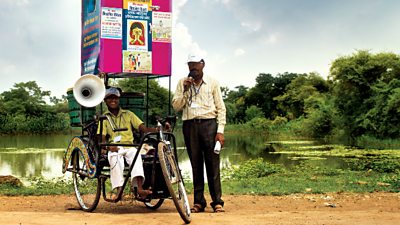
Long reads
Read our comprehensive research reports of the evidence behind our work. All of our publications are freely available to download. -
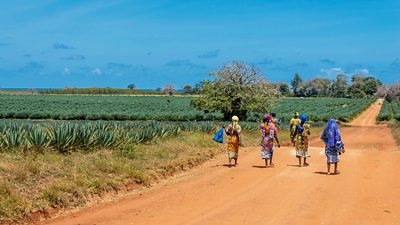
Short reads
At a glance, explore key findings and evidence behind our work. All of our publications are freely available to download. -
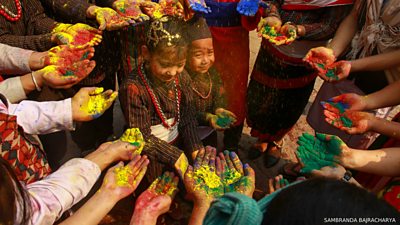
By country
Explore our findings and analysis country by country. All of our publications are freely available to download. -
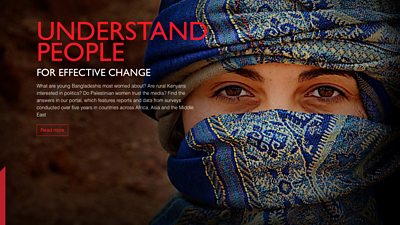 What are young Bangladeshi's most worried about? Are rural Kenyans interested in politics? Do Palestinian women trust the media? Find the answers in our data portal (last updated 2020).
What are young Bangladeshi's most worried about? Are rural Kenyans interested in politics? Do Palestinian women trust the media? Find the answers in our data portal (last updated 2020).
